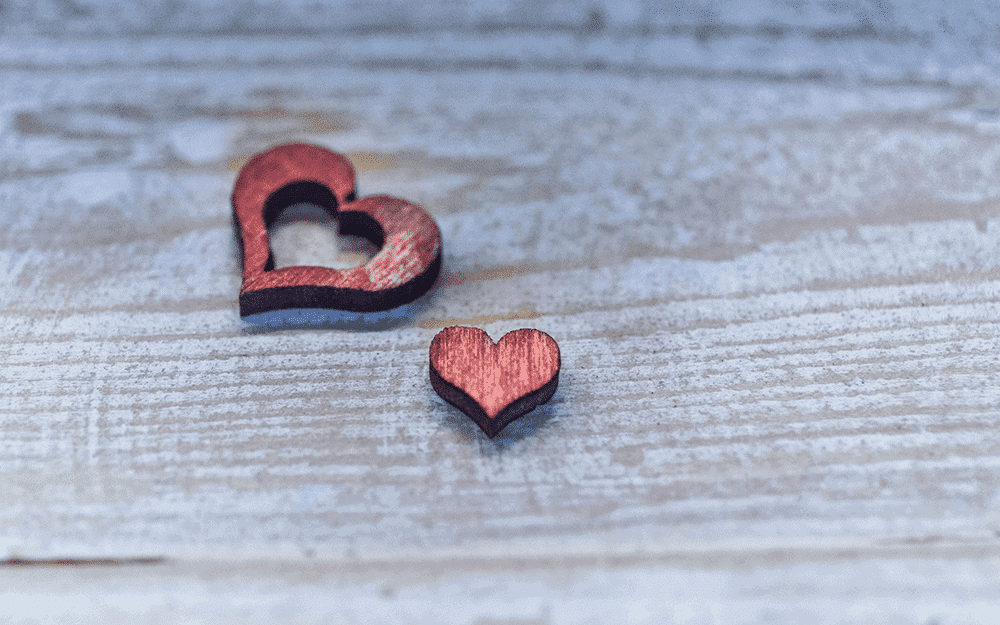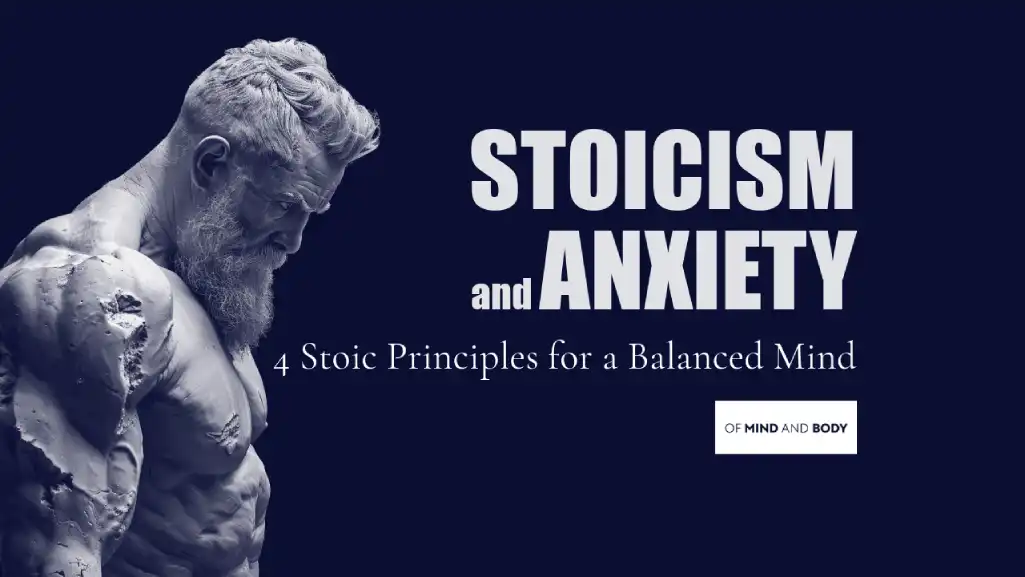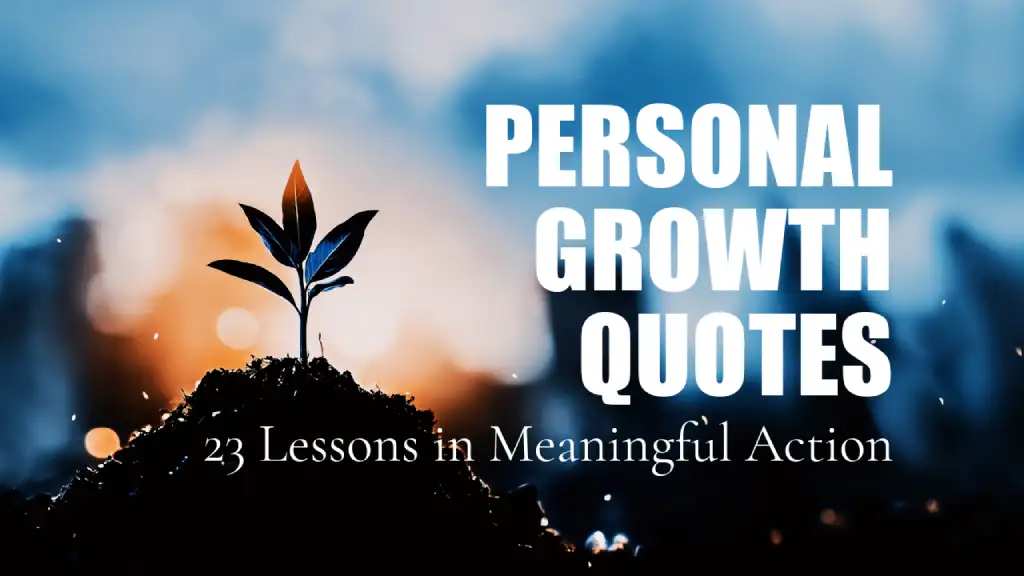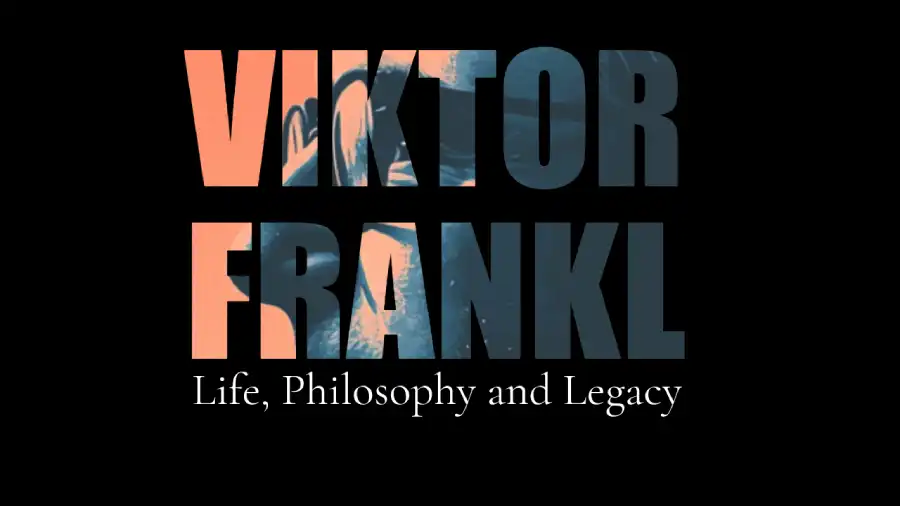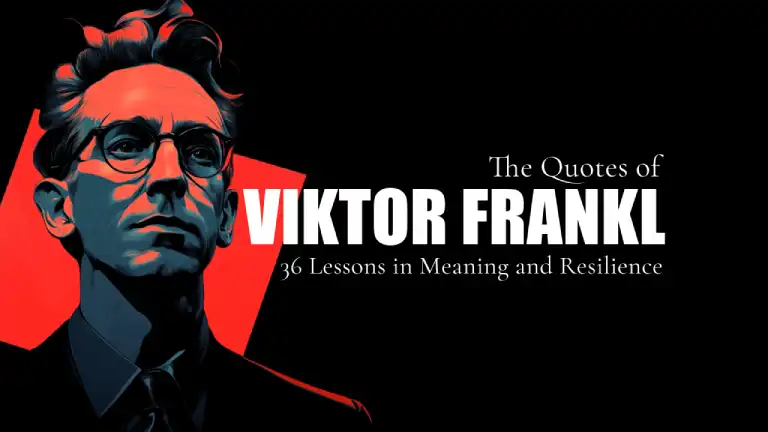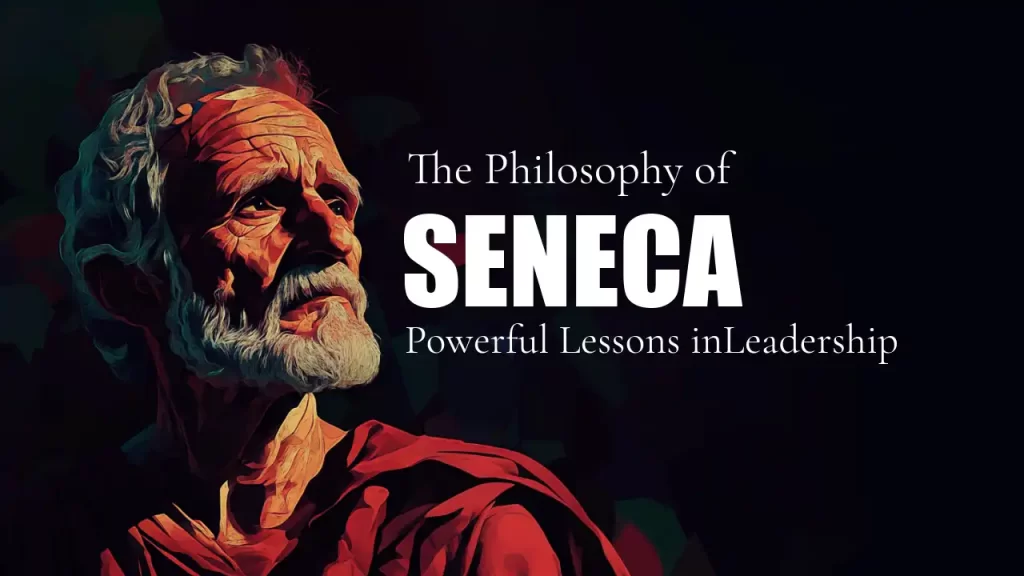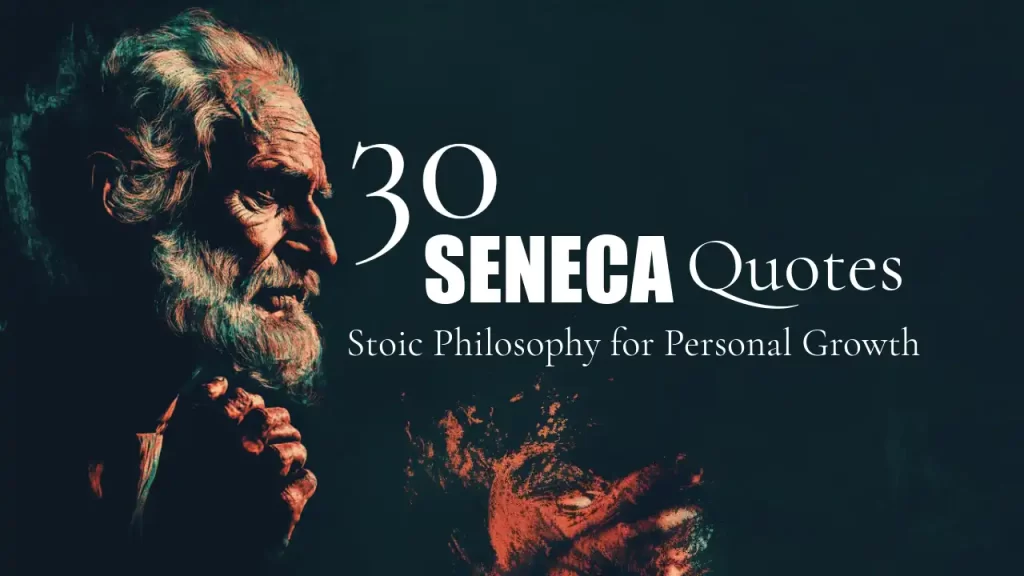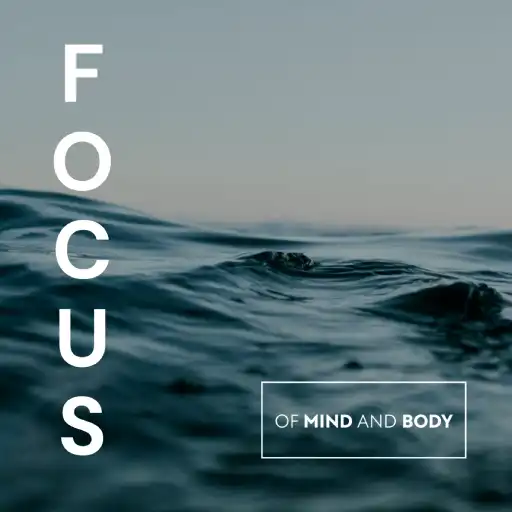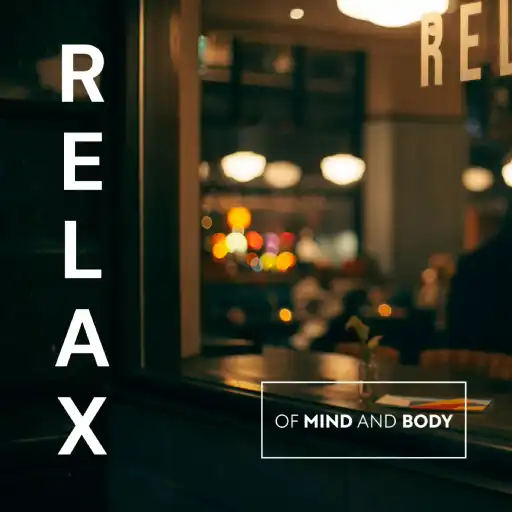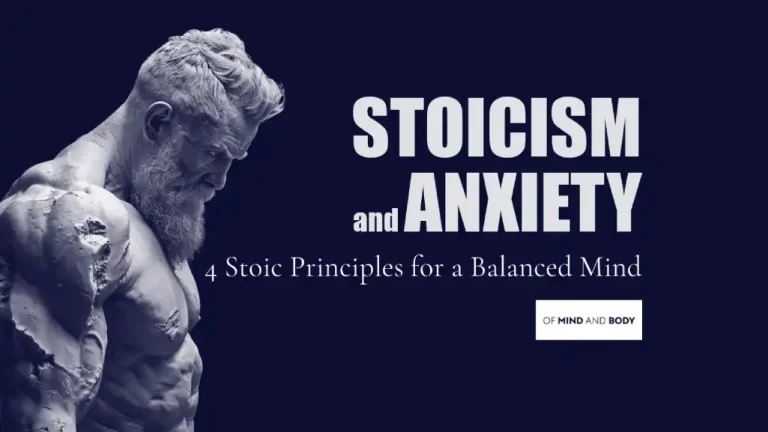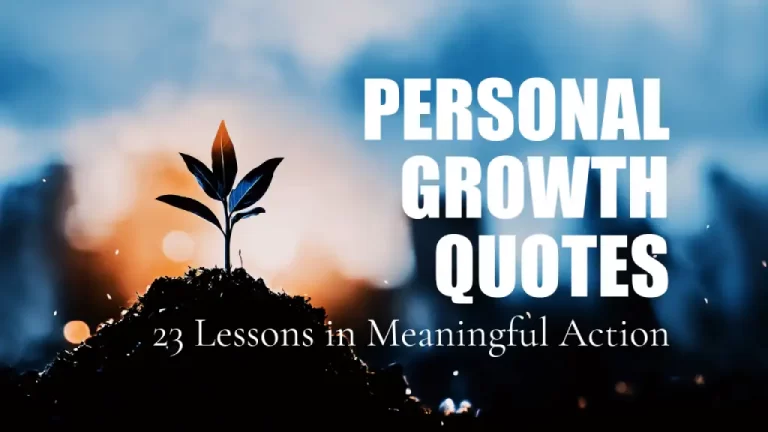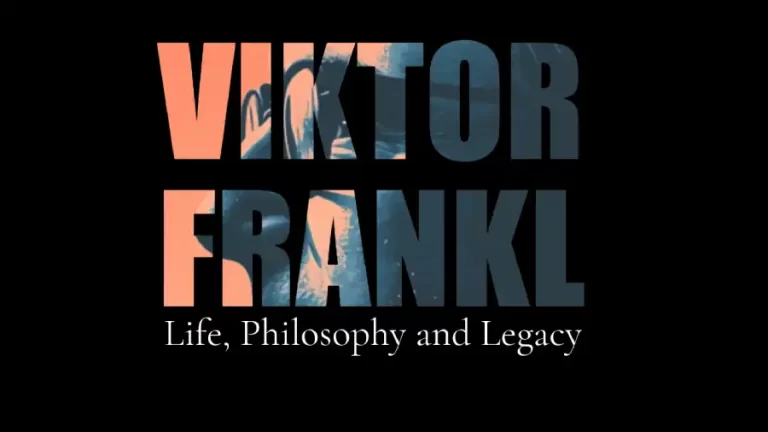Welcome back…
This is part 2 of my articles on how and why uncovering your core values and beliefs is a must if you are serious about improving the quality of your mental health.
In part 1 I outlined what establishing your core values and beliefs can do for you. In this article, I will show you my values and beliefs as a guide to get started on your own.

Introduction
Our values and beliefs can be seen as our guiding principles. Our guiding principles that will inform our decisions, identify our priorities, and shape how we interact with the world.
We can look at them as our personal operating manual.
Our playbook to guide us when life becomes a challenge.
The point of this exercise is that we are consciously choosing the lens through which we will view the world. Consciously deciding how we will live, and rewriting the rules by which we make our decisions.
It is possible to break free from the subconscious negative reactions that plague our thoughts and affect our decisions.
Not only is it possible to change those internal reactions that cause us pain, but we can also refocus our outlook, and look forward to developing goals that inspire us.
When our goals are in alignment with our core values and beliefs it is possible to face the world with confidence and certainty. This will give us the cognitive toolkit to deal with whatever challenges come our way.
This article will guide you on your way to creating your own mission statement for living.
Your guidebook to being you.

The Inspiration
The place I first became aware of this principle was in a book called “The Chimp Paradox” – by Professor Steve Peters.
The Chimp Paradox
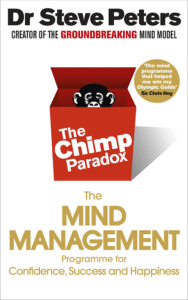
Professor Peters uses a principle called the Stone Of Life which acts as “your ultimate reference point, it is where your truths of life, values, and life force are all inscribed”. This principle gives an excellent framework on which to build your own values and beliefs.
The Stone of Life is split into 3 parts:
- Truths of Life
- Values
- Lifeforce
Truths of Life (Beliefs)
Statements that you believe are true for the way that the world works.
These are a set of beliefs that are fundamental to your character. But these beliefs are in alignment with your character, who you are. Chosen statements that you hold as important to you and that reflect who you are as an individual.
“How you believe the world works, and you can prove they’re true by examples and experience.
A set of beliefs that you believe are true.”
Your Values
Principles and ideals that you believe in.
“Unwritten values that you believe are important to you.”
“[These values] act as a constant reminder of where you heart and soul lie.
Values are judgement calls that you’ve made that reflect moral and ethical principles that you intend to uphold.”
Your Lifeforce (Mission Statement)
What you believe life is all about and how it should be lived.
Professor Peters describes the Lifeforce as:
“Imagine that you are 100 years old and on your deathbed with 1 minute left to live. Your great, great-grandchild asks – ”tell me what I should do with my life.”
Answering this question will identify what is important to you. This is really advice to yourself.”
You can view your lifeforce as your mission statement.
The Stone of Life is one small section of a much deeper exploration of the human condition laid out in Professor Peters book. I would highly recommend “The Chimp Paradox” to anyone who wants to start to develop a better understanding of how the mind operates. This book is on my recommended reading list, and has been an important piece of the jigsaw of my own personal exploration.
The following section contains my personal values, beliefs and mission statement. I have included this as a guide, so if you’re interested, then read on.
Alternatively if you just want to get started on your own list, you can download my free values and beliefs worksheet by clicking on the link below.
My Core Beliefs
There are no failures, only results.
To not get the results we were expecting from a particular situation does not imply we are incapable or unintelligent. It merely serves to highlight the ways in which we might improve ourselves, increase our knowledge, or learn a new skill. So too in others, we don’t see failure in their efforts but recognise their faults and lovingly help them to improve, encourage them to learn, and fulfill their potential.
People are free to live their lives however they choose.
People embark on their own journeys from different shores, under different skies. Points of reference and social cues that govern our decisions, things that we see as important to us, may be no more than an inconvenience to others.
Are we to be arrogant enough to suppose that we have everything worked out, whilst others are confused, dogmatic and irrational?
Should we not allow others the dignity to live their lives to their own rules, and consider that our own path is relevant to us, and us alone? After all, who would they be to inflict their way of life upon us? Live without judgement, and expect nothing less in return.
There are two sides to every story.
Reality usually falls somewhere between judgement and doubt. People are prone to exaggeration and confirmation bias, and it would be wise to keep this in mind when faced with a decision about someone’s character.
Resist jumping to conclusions until you know all of the facts, and even then avoid judgement at all costs.
Judgement makes someone right and someone else wrong.
This is a conflict that is unnecessary and unproductive. In the case of matters personal to you, it is wise to practice empathy above all else, if you feel you have been wronged. Not for their sake but for yours.
To take offense is to become a victim.
Letting go is not the act of forgiveness, but the act of allowing yourself to move on.
My Emotions are My Responsibility.
Handing over responsibility for your own emotions to the actions of others will ensure that you stay the victim, and rob you of the power to change the way you are feeling.
Conversely, the realisation that you have ultimate control over how you are feeling and taking responsibility for your thoughts can be incredibly liberating.
Taking control of your own emotions and wellbeing allows a sense of self-examination and internal exploration, and is a key factor in developing emotional resilience.
My Core Values
CURIOSITY
To continually learn and grow living with curiosity is a must. Question everything, especially your own beliefs and preconceived judgements.
HONESTY
To represent ourselves and others as accurately as possible and act only in good faith.
Take into account other people’s intentions, and never consciously misrepresent others points of view.
AUTHENTICITY
To live in alignment with your core values and principles as possible. To reduce the mental friction caused when your action and intentions are misaligned.
RESPECT
Treat others as you expect to be treated. To honour the opinions, feelings and thoughts of others.
My Mission Statement
Alongside the Stone of Life approach, I also used inspiration from an interview of Ben Bergerson by Chris Williamson on the Modern Wisdom podcast. Chris used a mnemonic to remember his list – I thought this was a great way of remembering these and being able to recall them.
My list spells out the word BAGEL. Granted, I had a play around with some of the words to find something memorable, but it all makes sense to me and it allows me to recall them pretty quickly.
BALANCE
Balanced Emotions
I will approach situations with calmness and composure. I will take life’s inevitable ups and downs with grace, acceptance, and equanimity.
APPRECIATION
Appreciate and Live with Gratitude
Be grateful for the things that bring me joy and peace. I will be grateful for the things that challenge me because I welcome the opportunity to learn and grow.
GROWTH
Continued Learning and Improvement
I will continually seek out opportunities to learn and improve, and share my journey to help and inspire others.
EXPLORATION
Live with Curiosity
I’m curious because I want to understand. I have a desire to create new spaces to explore, which creates potential for passion in every situation.
LEGACY
Personal Legacy
Am I living to my core values and beliefs? Make decisions today that I will thank myself for tomorrow.
Personally, I find having this list of values and beliefs helps me on a number of levels;
It reduces judgement of myself and others. Gives me focus for my day-to-day activities, and creates purpose and meaning. Encourages me to take ownership of my emotions, and provides a standard to hold myself to. It allows me to see things for what they are. Deal with negative situations calmly, and be grateful for every situation.
This clarity of intentions reduces uncertainty, increases confidence, and provides a litmus test for any decision making.
Mine is a fairly comprehensive list, but you can go as deep or shallow as you like. Hopefully this will provide a framework for you to work to. It’s really up to you to develop your own playbook that suits you.
Hopefully, you are beginning to see the benefit of going through this process.

It’s Time to Uncover Your Values and Beliefs
If you’ve reached the end of this article, then it’s time to take the plunge.
It’s time to uncover your own values, beliefs, and personal mission statement.
Take some time for yourself, commit to the process, and see it through. This could be one of the most important tasks you’ll ever undertake.
Sit with the results. Contemplate the findings of your hard work. You will know instinctively if they resonate with who you really are, or who you want to be. Chances are you will uncover some truths about yourself you didn’t realise.
You may even realise through this process that you have some deeply ingrained negative beliefs. Try not to judge yourself for this. They are often a product of years and years of social conditioning. The point is you have identified them.
Identifying negative self-limiting beliefs is just as useful, it means you can investigate them further and attempt to reframe them into positive ones. Be curious, try and find out why you might think these things about yourself. Do not judge yourself.
However, this list should be aspirational. Who you want to be. How you intend to live your life. This will give you a yardstick to measure yourself against when you falter.
This process will provide you with a clear sense of who you are, and how you intend to interact with the world. Provide you with a sense of purpose and meaning.
The recalibration that you need.
Good luck.
Of Mind And Body is dedicated to helping you find purpose, meaning, and emotional resilience. Join the Facebook group or subscribe to my mailing list to join the family.
